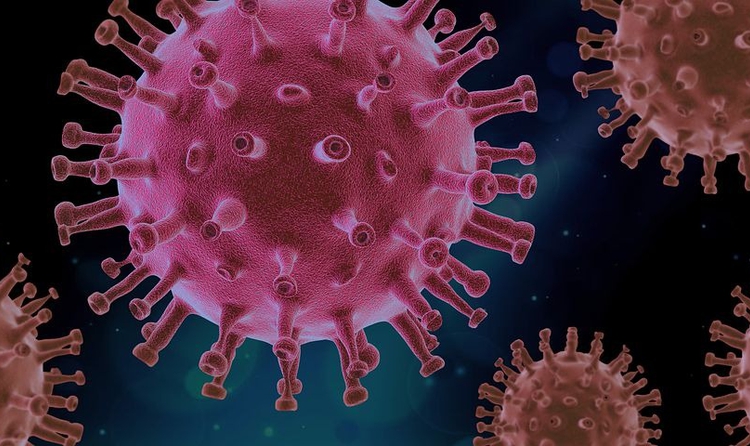Do vaccines help reduce the emergence of new viral variants?

Evidence suggests that the vaccine does not promote the emergence of variants

The idea that mass vaccination can lead to mutations has been used since the beginning of the global immunisation campaign and propagated by public figures such as the 2008 Nobel Prize of Medicine winner Luc Montagnier, whom we have disproven on various occasions (Spanish only), as an argument that the vaccines pose a hazard to the population. In May and June (Catalan only) of last year, Verificat explained that increased vaccination would not necessarily result in the emergence of more aggressive variants of SARS-CoV-2.
One commentary in Science explains that “we have not actually been seeing more dangerous variants occurring since vaccination became more common”. In other words, “there is no evidence of any known vaccine causing new or more dangerous variants of covid-19”, as stated on the Health Desk website, a scientific fact-checking platform with a focus on the pandemic which works with researchers from various institutions such as the Harvard T.H. Chan School of Public Health and the Stanford Health Communication Initiative.
Christian Lindmeier, spokesperson for the World Health Organization (WHO), explained in an email to Verificat that vaccinating 70% of the world would make it possible to curb the transmission of covid-19, improve global immunity and “reduce the likelihood of new variants emerging”. Lindmeier explains that some scientists believe omicron will be the last worrisome variant of SARS-CoV-2, although there is “no way to know for sure”.
Other experts anticipate that “a more transmissible or severe variant may emerge”. In fact, the WHO group dedicated to reviewing the impact of the new variants on the vaccine campaign has called for accelerating the immunisation process of the population since the onset of Omicron, not the other way around.
Vaccines do not always prevent infection
Vaccination is, a priori, the key to protection. According to the CDC, “getting vaccinated against covid-19 can lower your risk of getting and spreading the virus”. When we get vaccinated, we are thus “less likely to contract and transmit the virus, and therefore less likely to contract and transmit viral variants of covid-19. Therefore, the more individuals are unvaccinated, the more likely it is that more variants will emerge because there are more people that the covid-19 virus can infect”, experts explain on the Health Desk website.
The vaccines have shown greater effectiveness in preventing serious cases of covid-19 (Catalan only). Although they also help reduce the transmissibility of the virus, they do it on a smaller scale, the WHO spokesperson points out in his email. Adelaida Sarukhan, immunologist and scientific writer at the Barcelona Institute for Global Health (ISGlobal), cites a preprint that shows that, “even with Omicron, which partially escapes the neutralising antibodies, people who are vaccinated and boosted are half as likely to be infected than people who are not vaccinated”.
“Various studies have shown that the vaccines are effective in preventing infection”, states the report from 6 January 2022 by the UK Health Security Agency (UKSHA), when Omicron was already the predominant variant in the UK as well as other countries such as Spain (Spanish only). “Understanding how effective vaccines are at preventing infection is therefore important to predict the likely impact of the vaccination programme on the wider population”, the UKSHA adds.
The greater the immunity, the greater the pressure on the virus
As we have already explained (Catalan only), viral resistance occurs when population immunity increases, whether by way of natural infection or vaccination. “The more immunity there is in a population, the more selective pressure there is on the virus, and the more likely it is that the viruses with mutations that evade this immunity will be the ones that can replicate and transmit", Sarukhan explains (Catalan only).
“Immunity is a force of selective pressure that obligates the virus to evolve and change. One of the dominant forces that gets the virus to change is finding immunity in the host; because in this case it will have to evade immunity in one way or another”, says Isabel Sola, researcher at the National Biotechnology Centre (Centro Nacional de Biotecnología, or CNB-CSIC) and co-director of the coronavirus group at the institution.